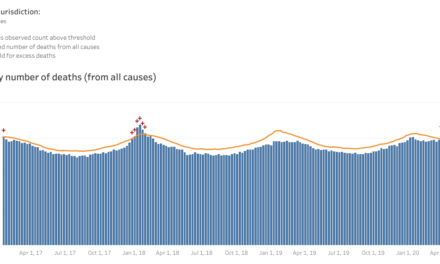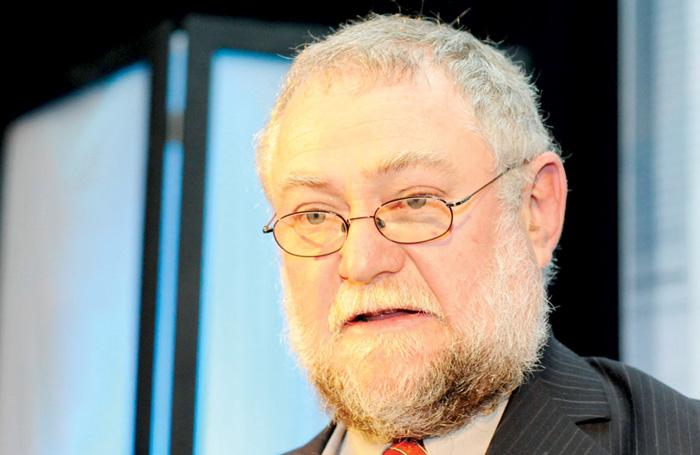
Use the power in tourism to drive the integration agenda
If there is one common thing that Cecil the Lion has demonstrated clearly, it is the power of tourism to be a catalyst for economic growth. Although largely ignored in Zimbabwe, killing Cecil shone a powerful light on hunting, and on tourism’s almost unlimited potential to drive the envisaged integration of the Southern African Development Community, and eventually the newly launched Tripartite Free Trade Area.
What policymakers often overlook is that tourism is an export product. Ruin your own economy and your own tourism sector like Mugabe did and you immediately feel the pinch when the foreign currency stops flowing. Promote your tourism sector and foreign earnings get a boost.
Tourism is arguably the single export product common to all SADC economies.
The tourists that visit South Africa, Zambia or Tanzania are from exactly the same feeder countries as those that visit Namibia, Botswana, Zimbabwe or Mozambique. Sure, there is a propensity for certain feeder countries to favour specific destination countries but the distinction does not lie in nationalities, it results from personal preferences, and most importantly, from the efficiency with which SADC member states market themselves overseas.
If tourism is common to all SADC states, and every single country is trying its utmost best to outsmart the competition, then it follows logically that the industry for the entire region can be boosted enormously by sharing common standards, adhering to common immigration policies, and in my view, offering a common currency. I have to admit, even in my optimistic prognosis, this last item will be perhaps the most difficult and the very last to achieve.
In our quest to developed practical structures and procedures to integrate the region, a number of elements is required from a purely economic and development point of view. Since the tourism industry depends on exactly the same requirements, it implies that all the steps we take towards integration, should keep one eye on the lucrative travel market.
The first common label to be promoted is that we are all in Africa. This is such a powerful idea seated in the pervasive, romanticised notion most foreigners have of the continent. But the label’s power is only exploited by a very few operators.
My experience has shown me that tourists, both prospective and repeat, know that they can have similar experiences in a number of African territories. But they also realise that standards across southern Africa are not uniform and unless they are the rough types, they prefer a decent civilised environment with a high level of guaranteed security, to a remote piece of bush where there is a distinct threat of being eaten by Cecil’s cousins.
Think back to the horrible incident that occurred in the Kavango when the children of a French couple were shot early in the nineties. Although the murderers were linked to the dispersion of Unita in Angola, it was not their tourism industry that collapsed but ours.
So number three on my list of elements that must be in place across the region, is security. This is not a tourism function per se but since all SADC member states yearn for peace and stability, it follows naturally that the combined security structures now under discussion under the Organ of Defence of the SADC member states, will eventually become one of the pillars of integration. The benefits to tourism are obvious.
It is often painful to compare travel statistics from Europe to Africa. In the northern countries, despite all the upheavals and economic uncertainty, tourists still travel to famous destinations not by the thousands but by the millions. It is equally painful when IATA statistics show a marked revival in international travel but African travel shrinks and still only attracts less than 2% of all international visitors.
With a common visa for all SADC countries another important hurdle will be overcome. This is perhaps one of the easiest targets to achieve and I suggest we direct our energies in that direction first. And while we struggle with fleshing out the integration intentions, every time we build a good road linking two remote areas, we increase the potential for more tourists.
Finally, if there is a single platform for standards, then all prospective tourists will know a three-star lodge in the Namib is on exactly the same level as a three-star lodge on one of Mozambique’s famous beaches.













































